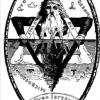Sign in to follow this
Followers
0

What purpose does virtue and merit have in practice?
By
Clear'Waters, in Newcomer Corner

By
Clear'Waters, in Newcomer Corner